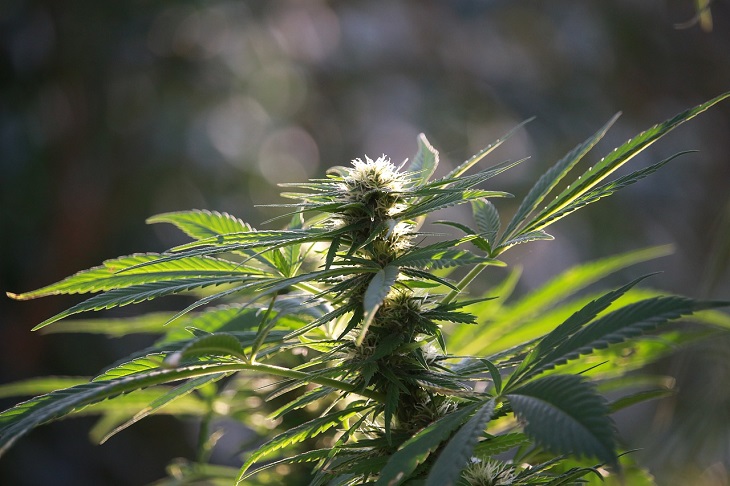Anxiety can be provoked by an infinite number of situations, scenarios, thoughts, and/or biochemical reactions. It’s a feeling that everybody experiences from time to time, and yet every person’s anxiety feels different.
Anxiety can be triggered in one person by a scenario that another person would find totally benign. Each person has their own unique suite of anxiety triggers. It is often not possible to really know why a person has come to feel anxiety in a certain situation. But what seems certain is that it is the meaning that a person ascribes to a situation or thought that provokes the anxiety, not the objective situation itself.
Anxiety is a word. It is a label we use that points to a feeling, an emotion, a psycho-physical state. The condition is somewhat amorphous, though it has symptoms that most people can empathize with. Each of us knows when we are experiencing that uncomfortable feeling that we have come to call anxiety.
Anxiety can be a mild irritation or it can be an all-encompassing, engulfing, paralyzing tornado. It can be felt chronically throughout the days and years (and decades), or it can come screaming into a person’s momentary experience suddenly and without any warning, leaving them unable to function.
Here’s why anxiety is an overlooked mental health disorder, and what you can do to treat it.

Anxiety Is An Overlooked Mental Health Disorder
Anxiety is one of the most overlooked mental disorders. It is often underdiagnosed, dismissed, or mistaken for something else. Because anxiety occurs quite regularly in its mild form for the vast majority of people, there is a notion that it is not such a big deal and not necessarily worth seeking treatment for.
Unfortunately, anxiety sometimes comes with a stigma attached. Some people don’t want to admit that they feel anxious because they associate anxiety with weakness. The ill-informed notion that anxiety is shameful or a sign of weakness has done a huge amount of harm in terms of mental illness diagnosis and treatment.
What Are The Symptoms Of Anxiety?
Anxiety often includes some or all of the following symptoms:
- Racing thoughts
- Uncomfortable physical sensations
- Headache or nausea
- Worry and negative predictions
- Irritability
- Depressed thinking
- Physical tension
- Sweating
- Shivering
- Insomnia
- Tiredness
- Difficulty focusing and concentrating
How To Treat Anxiety
The great news is that if you suffer from anxiety to the extent that it is negatively affecting your quality of life, there are several effective ways that your anxiety can be treated.
Here are five tips on how to treat anxiety.
1. Cognitive Behavioral Therapy
Cognitive Behavioral Therapy, commonly known as CBT, is a form of therapy that has proven very effective at tackling anxiety disorders. CBT focuses on examining the thoughts and beliefs that a person holds that provoke anxiety and finding out if they are actually accurate. CBT also prioritizes the implementation of new, healthier behaviors that will show you that you can live fully in spite of anxiety, or even that you can get rid of anxiety altogether.
CBT is best done with the help of a qualified therapist, but you can also implement CBT strategies on your own, working from books on the topic or online resources.
2. Reading
You can treat your own anxiety by reading some of the many excellent self-help books that teach you about anxiety and how to combat it. Reading and learning about anxiety will provide you with the knowledge and understanding that will allow you to handle your own anxiety if and when it arises throughout life. Three books that we recommend are: Feeling Good, Feel The Fear… And Do It Anyway, and A Guide To Rational Living.
3. Medical Marijuana
Some people use medical marijuana for anxiety and report that it is very effective at dulling the anxiety response. MMJ for anxiety can calm a person down and settle the mind. Marijuana also often instigates a feeling of positivity and enables sleep. A word of warning: some patients report the opposite and say they find that MMJ can increase feelings of anxiety in certain circumstances, so be cautious in determining whether it works for you.

4. Physical Exercise
Physical exercise is a brilliant way to alleviate anxiety. The endorphins released during exercise have a very calming effect and make people feel happy and positive. Exercise is also great for physical health and improves sleep quality. When we are well-slept and healthy, we are less prone to anxiety.
5. Meditation
Meditation seems like hell to a lot of people! This is because they believe that in meditation you are supposed to stop yourself from thinking. But nothing could be further from the truth! In fact, it is the opposite.
Meditation is when you watch thinking happening. It is meant to demonstrate that your thoughts are not your doing, that they are being generated by the brain. It is meant to show you that you do not have to be held hostage by the output of your brain.
When you meditate, you can begin to detach from thought and to see thoughts as objects that arise and then disappear inside your awareness. This can result in not taking your anxious thoughts as seriously as you used to.
How To Get A Medical Marijuana Card
The best way to get a medical marijuana card for anxiety is to go to the MMJRecs online clinic and set up a consultation with an MMJ doctor in your state. The MMJ doctor will examine you and verify if your anxiety is treatable with medical marijuana. Once your suitability is confirmed the doctor will email you a legal medical marijuana physician certification form instantly.
